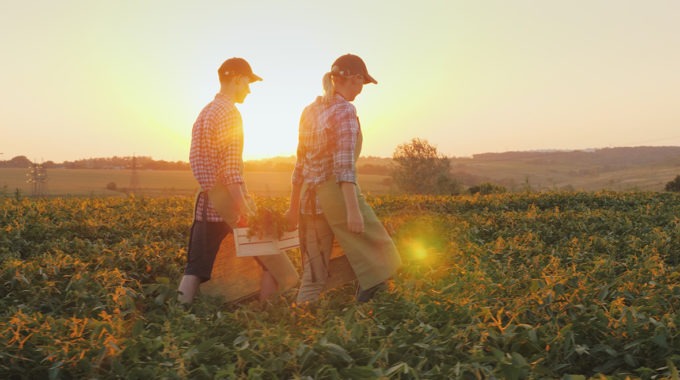Fruit and veg losses top $38 million
Crop losses across the country caused by ongoing agricultural labour shortages have continued to mount over the holiday season, and industry says this will likely only increase.
The National Lost Crop Register was launched in mid-December to capture the true cost to industry and the national economy from a lack of seasonal workers available to harvest fresh fruits and vegetables. A total of 55 growers from five separate states and territories have anonymously reported their losses to date. A wide array of crops are represented, including berries, tomatoes, carrots, citrus, bananas, pumpkins, chilli and leafy greens.
Two individual reports, one from a fruit grower and another from a vegetable grower, have exceeded $10 million. These losses are not just devastating to the farmers who work so hard to produce our food; it also means less food will be available to consumers, and what is available is likely to become more expensive.
“Our belief is that reports to the register so far are just the tip of the iceberg,” says Richard Shannon, Manager of Policy and Advocacy at peak industry body Growcom. “As awareness of the register grows and labour supply remains tight, recorded losses will only increase.”

Growers grapple with insufficient labour
Fresh Produce Group has reported losses to its Queensland blueberry operations of just under $3 million. Executive Director Anthony Poiner says that, despite their best recruitment efforts, they were left short by 150 harvest staff during their main season, which meant making the tough decision to leave 20 hectares unpicked in order to concentrate on the rest of the farm.
“I estimate that we left over 400 tonnes of blueberries out in the field,” Poiner says. “We put all the effort and cost to grow this crop, and just had to walk away from so much. The experience has been very demoralising for our team. We experienced extreme drought, a massive bushfire ripped through one farm, and then when we needed to harvest, we experience these worker shortages.”
Pinnacle Hill Lychees located outside Ingham, Queensland, has only been able to recruit two seasonal workers for harvest. They would normally employ upwards of 20 backpackers and 12 contractors. As a result, they’ve been unable to harvest more than half their crop, conservatively worth $500,000 at the farm gate.
The Australian horticulture industry has been warning of a coming labour shortage and advocating solutions since last March when international travel bans were put in place.
“Without urgent action, our labour supply situation will only continue to deteriorate,” Shannon says. “Growers will keep losing crops until international travel reaches the same scale it was before the pandemic – expected to be more than two years away.”









